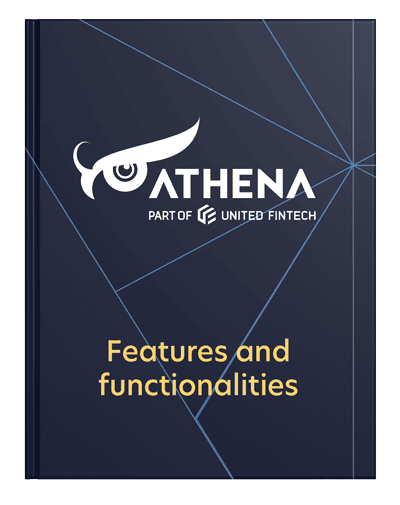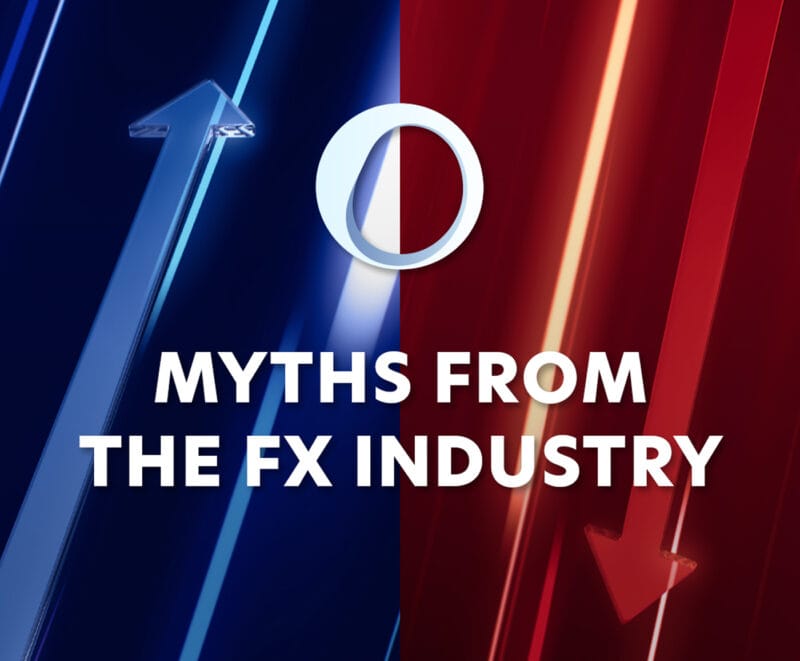2021 was a game-changing year for the FinTech sector. The rapid transition to digital in 2020 due to COVID-19 set the stage for an industry-wide transformation, with new innovations coming from all corners.
But what trends were most influential for FinTech growth in 2021?
As a platform that collects the best FinTech solutions in the capital markets space, United Fintech always keeps an eye on the latest trends and transitions. With the end of 2021 in sight, we look back on the top FinTech trends that dominated the market throughout the year.
Factors that shaped the fintech sector in 2021
Like the year before, 2021 was marked by uncertainty. The ongoing pandemic continued to create financial instability throughout the world, causing financial institutions to improve, adapt, and evolve — leading to some remarkable new trends.
The sudden growth in remote work resulted in higher cybersecurity standards as well as other digital-first strategies, leading to a change in both technology and culture. With this rise in digitalization, new market players are now expected to comply both with already-established regulatory challenges as well as newly imposed requirements.
Want access to the best fintech products on a central platform? Our platform reduces costs, drives automation, and delivers efficiency within Capital Markets. Learn more
This is a challenge for FinTechs who have largely focused on digitalization with compliance as a secondary concern. Moving forward, we expect to see a growing number of RegTech solutions on the market to fill this gap.
Financial institutions of all sizes are now expected to be digital-first (if not digital-only). If you missed the digital transformation train, it’s time to jump on board — or risk becoming obsolete in 2022.
Top 3 FinTech trends
1. Blockchain
Blockchain has topped trend lists for years now as a co-headliner with cryptocurrency and decentralized finance. But while the revolutionary digital ledger system rose to prominence with the rise of Bitcoin, its utility extends far beyond.
Blockchain enables ultra-secure transactions and significantly reduces costs because it removes the need for intermediaries. Naturally, this has disrupted the world of finance quite drastically as it calls into question the role of banks and other financial institutions in payment transactions and record-keeping.
Looking for a partner in digital transformation? United Fintech is here to empower financial institutions to thrive and compete in the digital era.
It’s no wonder that forward-looking banks have started to look for ways to integrate blockchain technology into their infrastructure — particularly within compliance and security. With the implementation of blockchain, banks hope to reduce fraud incidents and secure smarter payment transactions.
2. Stock market APIs
Stock market APIs — or Application Programming Interfaces — are the pieces of code that let two different systems “communicate” with each other, sharing data in a real-time environment.
In a globally complex market, small changes can have massive impact, and it’s important to be the first to know.
Reduce your market data costs by 90%. Get cost-effective stock market APIs without sacrificing quality.
Learn more about NetDania’s data services
APIs give traders the opportunity to tap into these global knowledge networks, reformatting complex data from multiple sources into a more accessible format to empower decision-making and bolster their own client offerings.
With the recent rise in retail investing — and the influx of new traders on the market — it’s more important than ever for financial institutions to provide comprehensive, user-friendly data across a wide array of market parameters.
3. Automation
Automation is a key element of operational resilience — something that this past year has proven to be truly essential for financial institutions.
FinTechs are a primary source for automation solutions, from back-end operations like invoice and payment processing to security and auditing processes. The rise in automation came as large financial institutions began to embrace a cloud-based platform approach to their IT infrastructure.
Within this more agile environment, it is possible to monitor and perform real-time, event-driven actions across all products and solutions, leading to greater operational efficiency as well as increased customer satisfaction.
Moving into 2022, integrated automation will be the key to increased productivity, agility, and scalability in an industry shaped by shrinking margins and increasing regulations.
Getting ready for 2022
What does the new year hold?
If we’ve learned anything from the last two years, it’s that it’s dangerous to make too many predictions. But it’s safe to expect that financial institutions that focus on digital agility and operational resilience will fare the best, no matter what happens.
Stay tuned for more insights on what we see as the biggest trends and challenges that 2022 has in store for us in the FinTech space.
About United Fintech
United Fintech offers the best fintech products on one central platform. We enable banks and financial institutions to access innovative digital technologies — including real-time data, trading charts, and financial news — by partnering with engineering-led fintech companies with proven capital markets products.
Learn more at https://unitedfintech.com/














